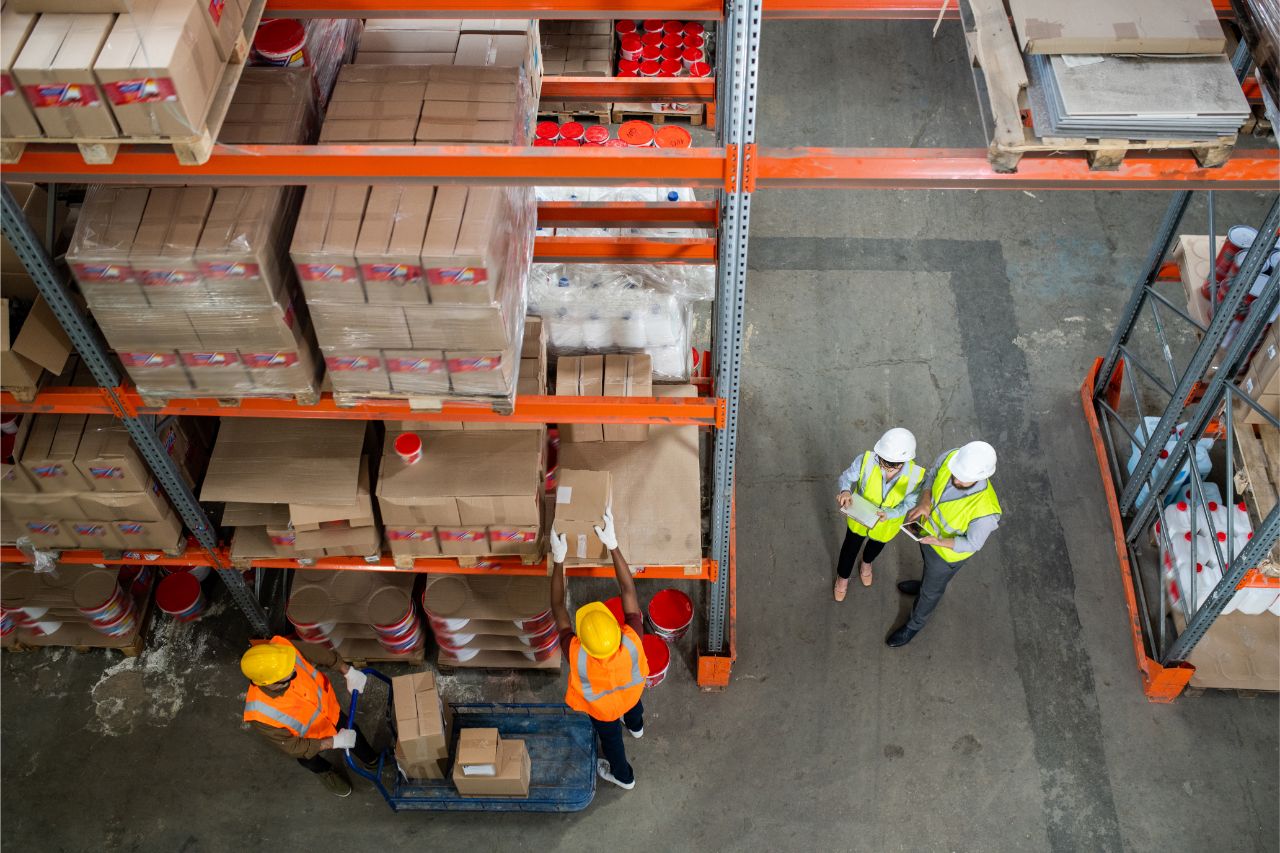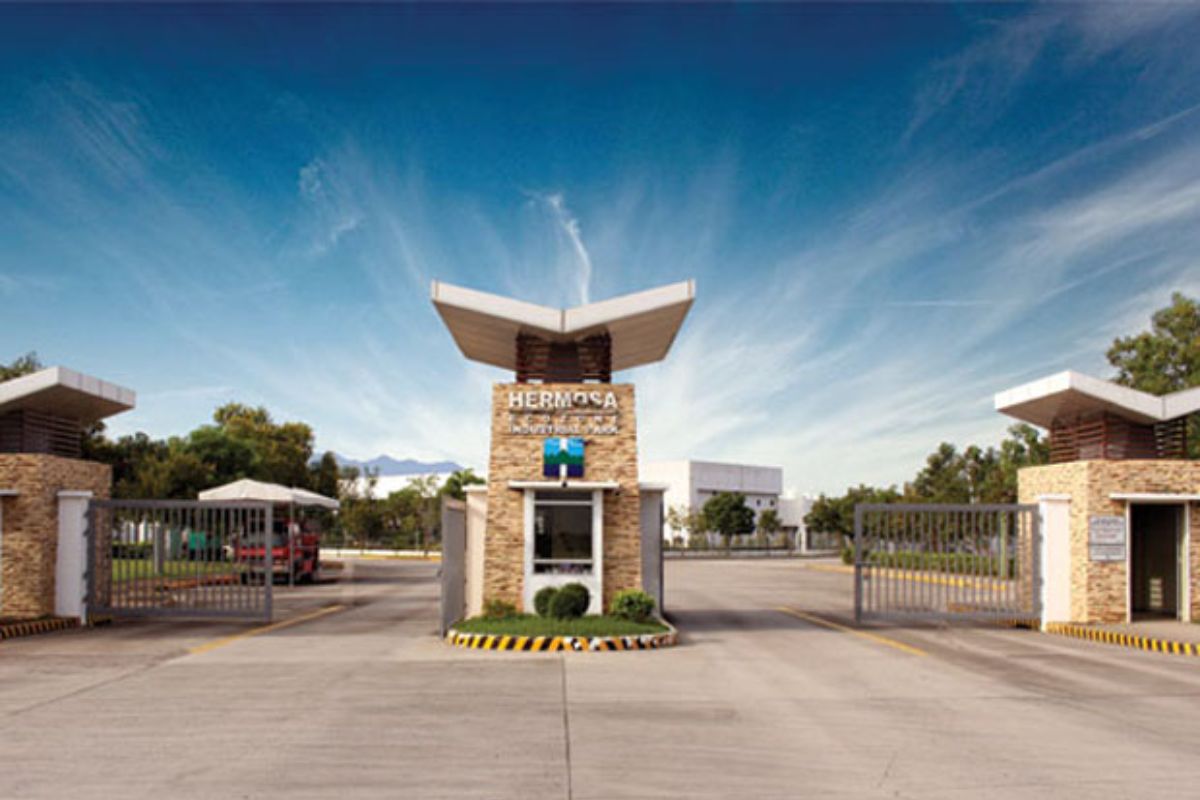How can industrial parks expand your manufacturing business?
- Conducive for forming strategic partnerships
- Attracts highly skilled employees
- Allows efficient supply chain management
The world is changing. Following the rollout of vaccines, production operations are increasing, and buyers are willing to spend more. Today’s market landscape allows you to take advantage to grow your company. This being said, you might want to take a closer look into how industrial parks can expand your manufacturing business.
Growth and expansion are established long-term goals among manufacturing business owners. Through expansion, organizations can enhance customer bases, diversify revenue streams, and attract investments. If you are planning to expand your manufacturing business, relocating to an industrial park in the Philippines proves to be the smartest choice.
At its core, industrial parks are zoned estates built to be conducive for industrial development. In the Philippines, industrial parks are seen as valuable economic assets as manufacturing locators benefit from a wide array of infrastructure and amenities. Read on to learn more about how industrial parks can help expand your manufacturing business.
Conducive For Forming Strategic Partnerships
Forming strategic partnerships is one of the most effective ways to expand a manufacturing business. The manufacturing industry is operating in an increasingly competitive market. Through partnerships, you can diversify your business to gain access to larger customer bases, cater to customers better, and stand out among competitors.
For example, appliance manufacturers can partner with material suppliers to make custom parts even with all the technical considerations involved to cater to a niche market. When this type of partnership comes together, revenue streams are enhanced. On top of that, manufacturing operations become more efficient and productive for both parties.
Industrial parks are designed to attract partnerships. As a zoned area conducive to industrial developments, industrial parks are equipped with integrated business infrastructures with complete amenities. Take the Cebu Light Industrial Park, for example. This industrial park has private roadways and freight forwarding that prove to be useful for day-to-day partnership operations in the form of material shipping.
Aside from having complete amenities, industrial parks are identified as economic zones. In the Philippines, the Hermosa Ecozone Industrial Park is accredited as a special economic zone by PEZA to attract foreign direct investments. It is ideal to conduct exportation and import operations with business partners due to the fiscal and non-fiscal incentives.
Attracts Highly Skilled Employees


Nowadays, attracting and retaining highly skilled employees has grown to become one of the top challenges of manufacturing business owners. Undoubtedly, they are the key to expanding operations successfully. Expansion may entail adding more product categories, bringing in newer equipment, and increasing workloads requiring a higher level of expertise and training.
Today’s modern workers have different priorities such as wellness, growth, and benefits. The good news is, industrial parks are designed to attract highly skilled employees through other amenities and incentives.
When it comes to commuting to work, industrial parks make it more ideal for employees to work because of the transportation arrangements provided. Workers will not be late to their jobs, increasing productivity and efficiency for manufacturing businesses. In addition, industrial parks have state-of-the-art security features to attract employees that prioritize working in a safe environment. Lastly, convenience is at the forefront of working in industrial parks as banks, hospitals, and commercial outlets are nearby. Employees that prioritize convenience can attend to their personal needs easily during breaks.
Allows Efficient Supply Chain Management
Expanding a manufacturing business becomes challenging for owners because it involves enhancing market reach. This typically translates to exploring global supply chains.
When you are thinking about expanding your business, the first thing you need to do is to determine how to bring your products to your new market. Being able to reach consumers through the right mediums and at the targeted times is crucial. If you can’t do this effectively, you will struggle to lay the very foundation of the business expansion successfully and you may find it highly challenging given the different supply policies in other countries.
If your products can reach any person living anywhere in the world, there are endless opportunities for increasing brand awareness and revenue. This is why it pays to become a locator in an industrial park that allows efficient supply chain management.
Industrial parks are strategically located to live up to their mission of being conducive to industrial development. Take the Hermosa Ecozone Industrial Park as an example. The industrial park is a 162-hectares industrial estate located in Bataan, Philippines. It is flanked by two major trade routes, which are the South China Sea and the Pacific Ocean. Simply put, the Hermosa Ecozone Industrial Park is an ideal location for manufacturing businesses that wish to expand because it is a critical entry point to the ASEAN supply market.
Key Takeaway
As a business owner, you should know there are unique challenges faced during expansion. However, combatting these said challenges is the key to achieving long-term revenue and market reach goals. As you have read in this article, setting up your manufacturing business in an industrial park can help with expansion efforts drastically.
If you plan to become a locator in an industrial park in the Philippines, SPPI proves to be the best choice.
SPPI is at the forefront of industrial development with over 800 hectares of aggregate areas across the country. Each SPPI industrial park is equipped with complete infrastructure, on-ground management teams, and comprehensive customer service that made it the choice of Fortune 500 companies and major multinational companies such as Procter & Gamble, Unilever, Pepsi, NEC, NXP Semiconductors, STMicroelectronics, H.B. Fuller, First Sumiden, Epson Precision, Wyeth LLC, Nippon Paint, and more.
For more information about SPPI industrial parks, click here.



